Lucie Frost retired as an employment lawyer and is now a humor and satire writer. Her memoir How the Hell Did I Not Know That? will be released on August 26th, 2025 from Trinity University Press. She is a regular contributor to NextTribe and has written for Slackjaw, The Belladonna, Points in Case, and other publications. She lives in San Antonio, Texas. To learn more, visit her online at www.luciefrost.com
I had all sorts of dreams about what retirement would look like. I’d exercise daily (didn’t happen), maybe take up gardening (no, no I would not), eat only lean meats and fresh produce (ha!). But the one dream that did, somehow, come true? That I’d become an honest-to-goodness writer.
I had written things all my life. Back in my eleven-year-old days, I wrote my first personal essay, about seeing a horse go down with colic. As a pre-teen, back when handwritten fan mail was a thing, I wrote to my Tiger Beat idols (Shaun Cassidy, Jimmy Osmond, Kristy McNichol, and Leif Erikson, if you’re wondering). In my freshman year of high school, I wrote letters to blue-eyed Edward after he got shipped off to boarding school, even though he didn’t really know me and surely thought I was creepy for it. In college, when I spent a year abroad in France, I wrote letter after letter to my friends back home. Some years later, I became a lawyer, and over my thirty years of practicing law, most of my days were spent writing. But despite all that penning, I never considered myself a writer.
Becoming a capital-W Writer
Once free from my legal career, I wanted to become a real, capital-W Writer. So I started taking writing classes, thinking surely some training was required before I could legitimately claim the title.
One instructor suggested that we create a Facebook page specific to our writerly endeavors.
“Title it with your name, add a comma, then put Writer,” she instructed. I couldn’t bring myself to do it.
In the legal world, there’s the concept of “unauthorized practice of law,” which prohibits holding yourself out as a lawyer or providing legal advice unless you have a law license. It somehow felt verboten to call myself a Writer without some sort of qualification—an MFA, a book deal, or at least some published work. It didn’t feel authentic to call myself something I didn’t yet believe I was. So instead, I titled the Facebook page, “Lucie Frost, Wannabe Writer.” That seemed true enough.
If You Write, You’re a Writer
“If you write, you’re a writer,” my instructor said. But even though I was spending my days writing, when people asked what I did, I said something like, “I’m a lawyer, but I’m not practicing law anymore. I’m trying to be a writer, I guess. But really, I’m a lawyer – one who doesn’t practice law anymore, so maybe I used to be a lawyer. Except I’m still licensed, so I guess I’m a lawyer…who is also writing. A writing, retired lawyer. Yeah, that’s what I am.”
I needed a shorter pitch.
“Just keep saying it to strangers. Eventually, it will feel comfortable,” a real-writer friend reassured.
But strangers usually ask questions like, “Would you like whole or oat milk in your latte?” and it seemed odd to reply, “Whole, and also, just in case you’re curious, I’m a writer.”
Instead, I practiced putting “Writer” as my occupation whenever doctors’ or registration forms required the field. I claimed “Retired” on any federal forms, though, knowing that providing false information to the feds can land you in prison.
“When do you qualify as a ‘Writer’?” I googled. “When you consistently engage in the act of writing,” the search engine spat back. Google and my instructor were in cahoots.
I decided to force myself to say the dreaded word the very next time the opportunity came up. It didn’t take long. I flew to D.C. for a parents’ weekend at my daughter’s college. One wine glass into a reception, another parent asked what adults always ask each other, one wine glass into a reception. “And what do you do?”
“I’m a writer,” I said.
“Oh really? How wonderful. Where can I find your books?”
It didn’t seem appropriate to explain the difference between a writer and an author, so instead, I babbled on about how I don’t have any books, but I try to write stuff every single day.
“So you journal? Is that what you mean?” the parent asked.
I felt too defeated to say anything but “Yeah,” before skulking away.
Months passed, and slowly (oh so slowly), my writing started becoming more public. The posts on my “Wannabe Writer” Facebook page got longer. Then, one of the classes I took required the students to submit an essay for publication. When my piece was declined, I started a blog (having not yet been informed that blogs are dead) and published it there. The blog’s dashboard showed that three people read my piece. How they stumbled upon it, I never knew.
Craving External Validation
I became determined to have something – anything – published. Instead, I racked up rejection after rejection, but at least the unloved, castoff pieces gave me something to put on the blog. Feeling brave one day, I posted about the blog on my Wannabe Writer Facebook page. Six more people read my work. None commented.
Just as I began to accept that only blood relatives and bots would read my work, I got my first acceptance. The piece, “Rituals Your Son’s College Roommate Can’t Wait to Take Over for You,” amassed sixteen Likes. I celebrated by changing the title of my Facebook page from “Wannabe Writer” to “Writer.”
The next day, embarrassed by my overreach, I switched it back. How could I call myself a writer when I wasn’t paid for the piece? A dabbler, scribbler, dilettante, sure, but calling myself a writer still felt a lie. Sure, I could pen legal arguments, but weren’t real writers supposed to be expert storytellers? Weren’t they people who had studied the craft of writing? Who used adjectives? As a lawyer, my job title conveyed a certain level of expertise, but I felt I didn’t yet have expertise in character, in story structure, in anything that I thought the Writer title required.
I continued to take class after class, to read craft book after craft book, to write page after page, trying to gain the expertise I thought I needed. And then, after I thought I had reached some level of competence, I became diligent about submitting my writing to yet more publications. I wanted editors – writing experts – to confirm that I was good enough. After thirty-eight submissions, thirty rejections, and eight acceptances, I finally wrote a piece that got some attention. “Sleep Left Me for a Younger Woman” was published on a humor site, which led to an online interview, a podcast, a re-publication.
I dropped the Wannabe, because finally, finally, I felt like a Writer.
Until, of course, I decided I wanted to be an Author.

How the Hell Did I Not Know That? by Lucie Frost
Lucie Frost had always dreamed of an early retirement, but when this dream came to fruition, she found herself drifting aimlessly through life. Then one TV show changed everything, propelling her into the world with a newfound sense of curiosity. Filled with trivia and humor, this memoir is a comforting reminder that curiosity and candor can transform your life.
Buy the book now: Bookshop.org | Amazon | Barnes & Noble


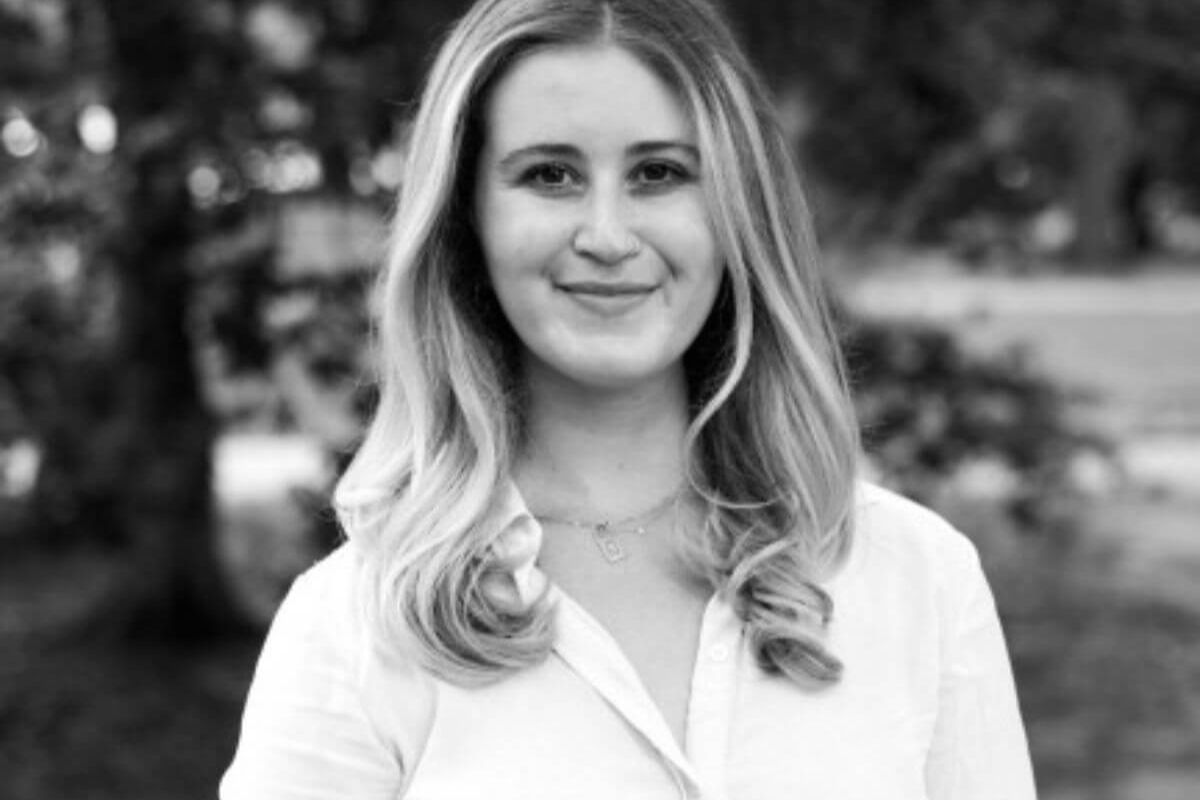
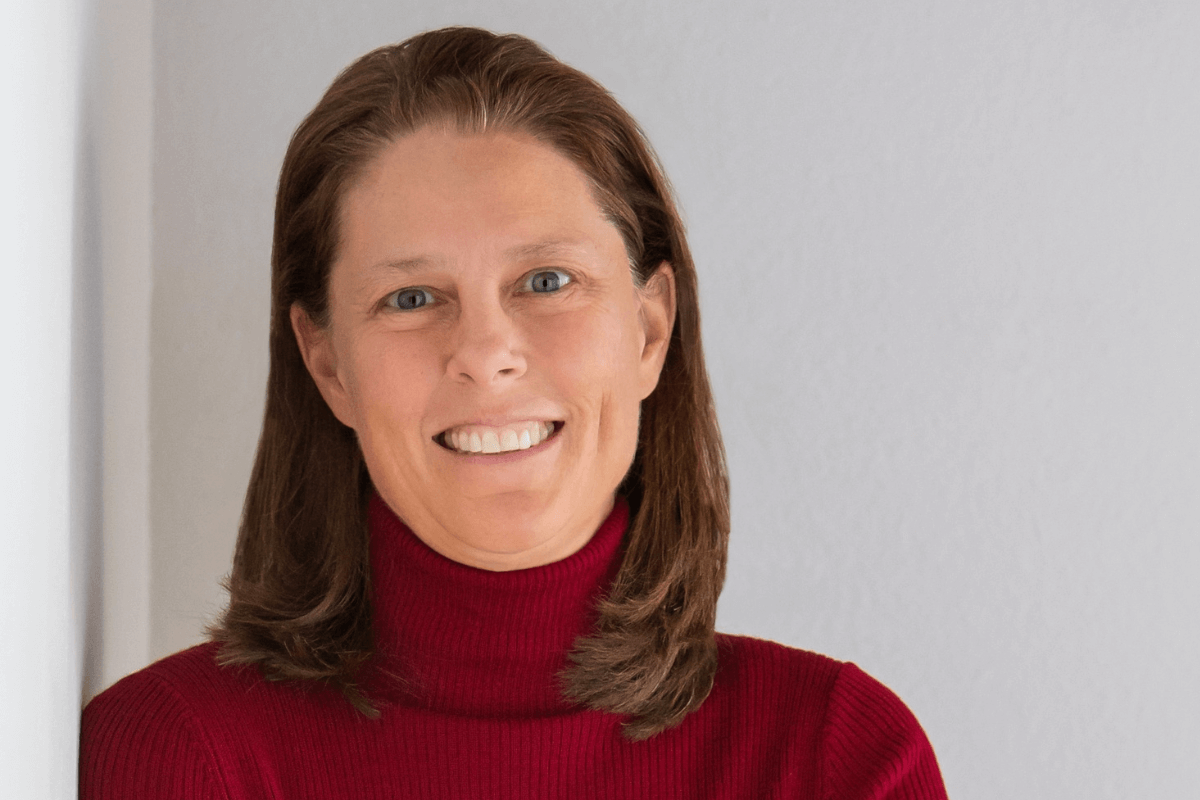
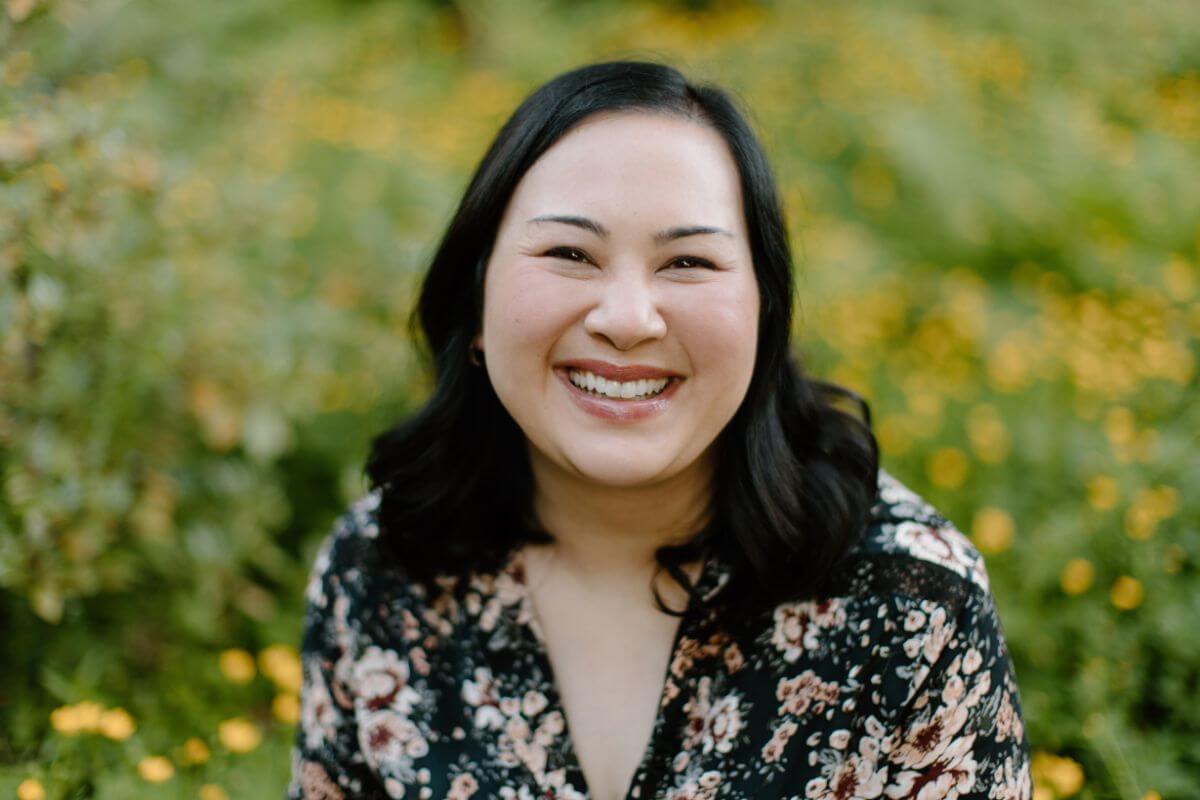
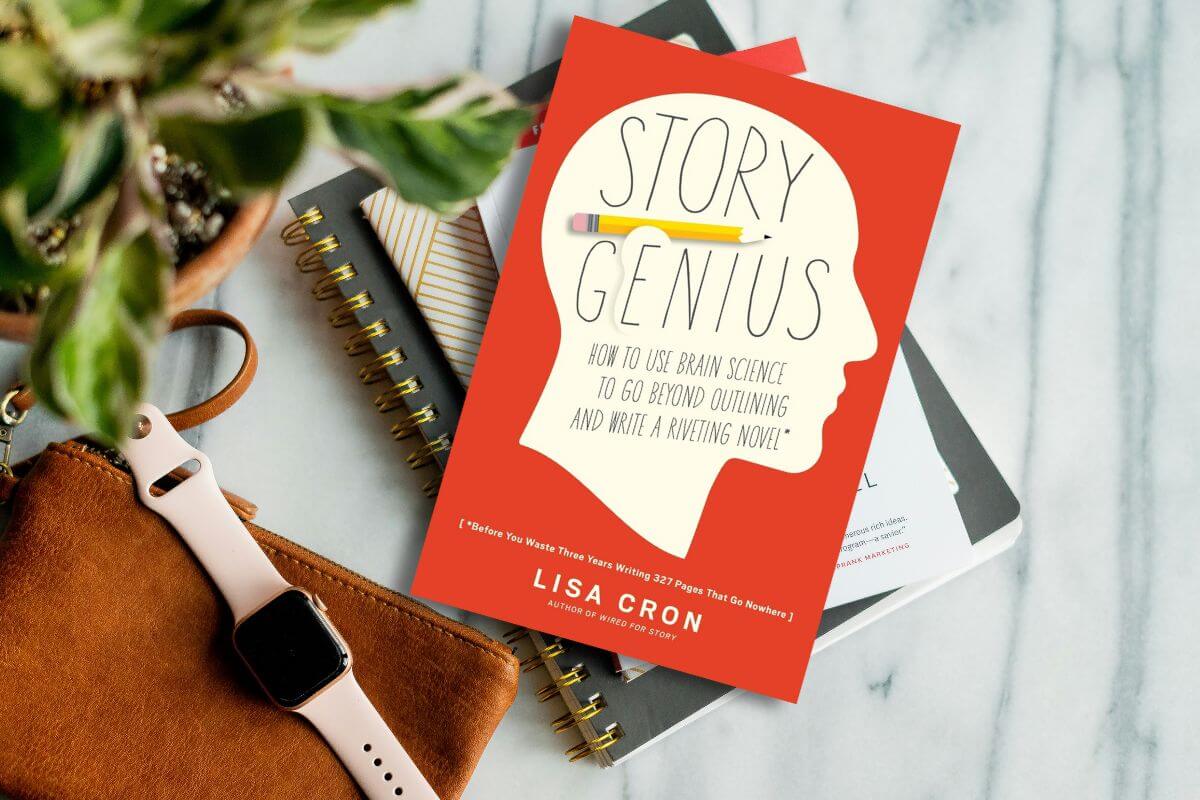
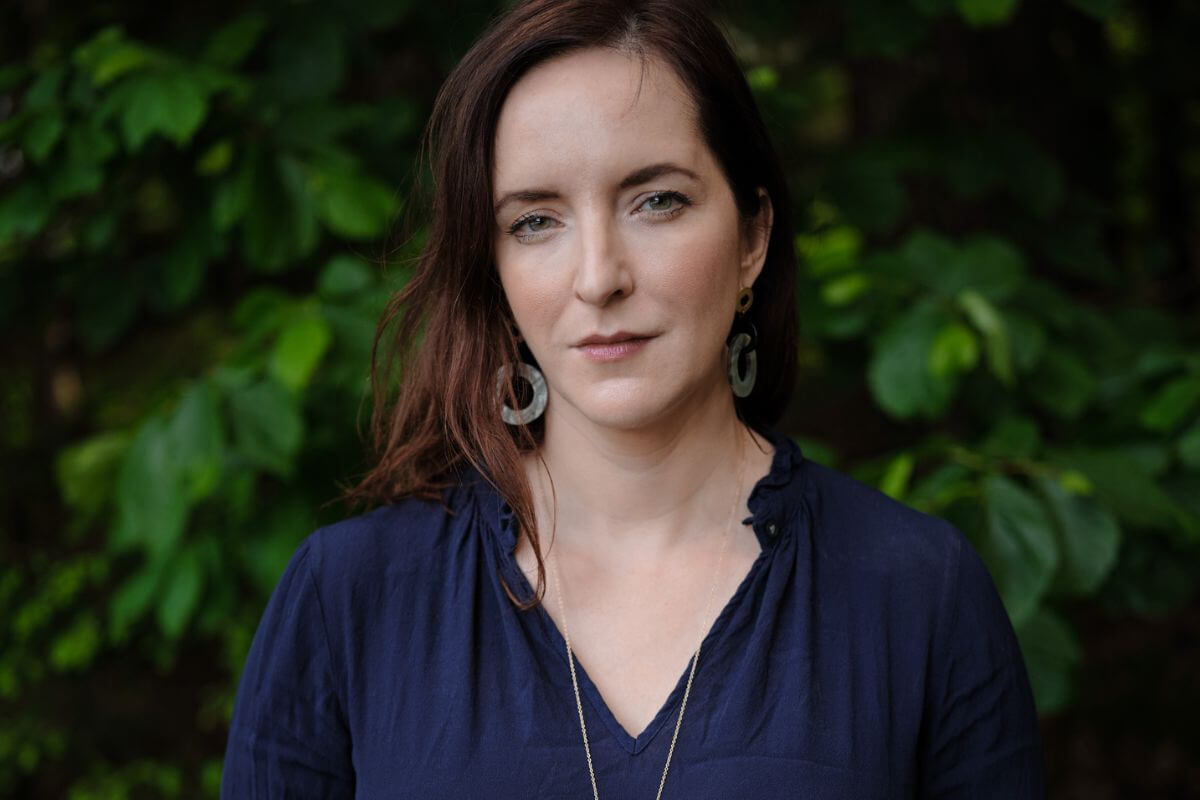
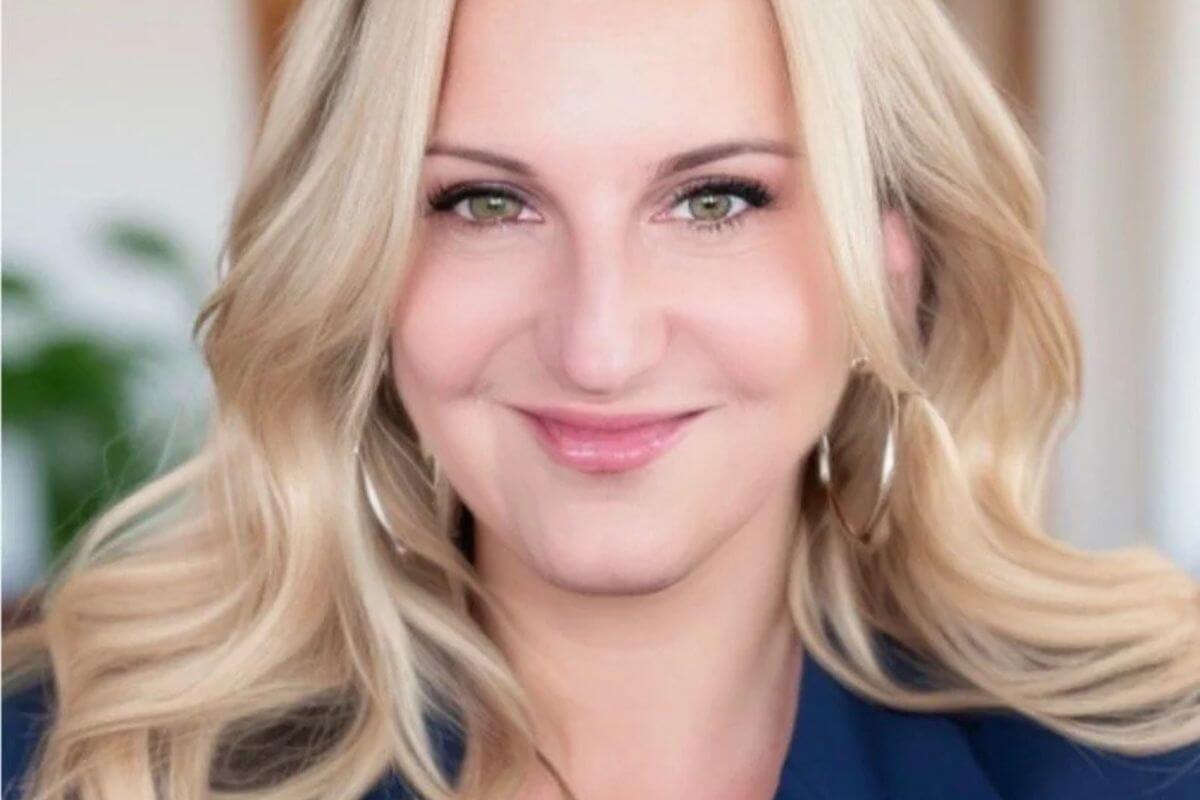
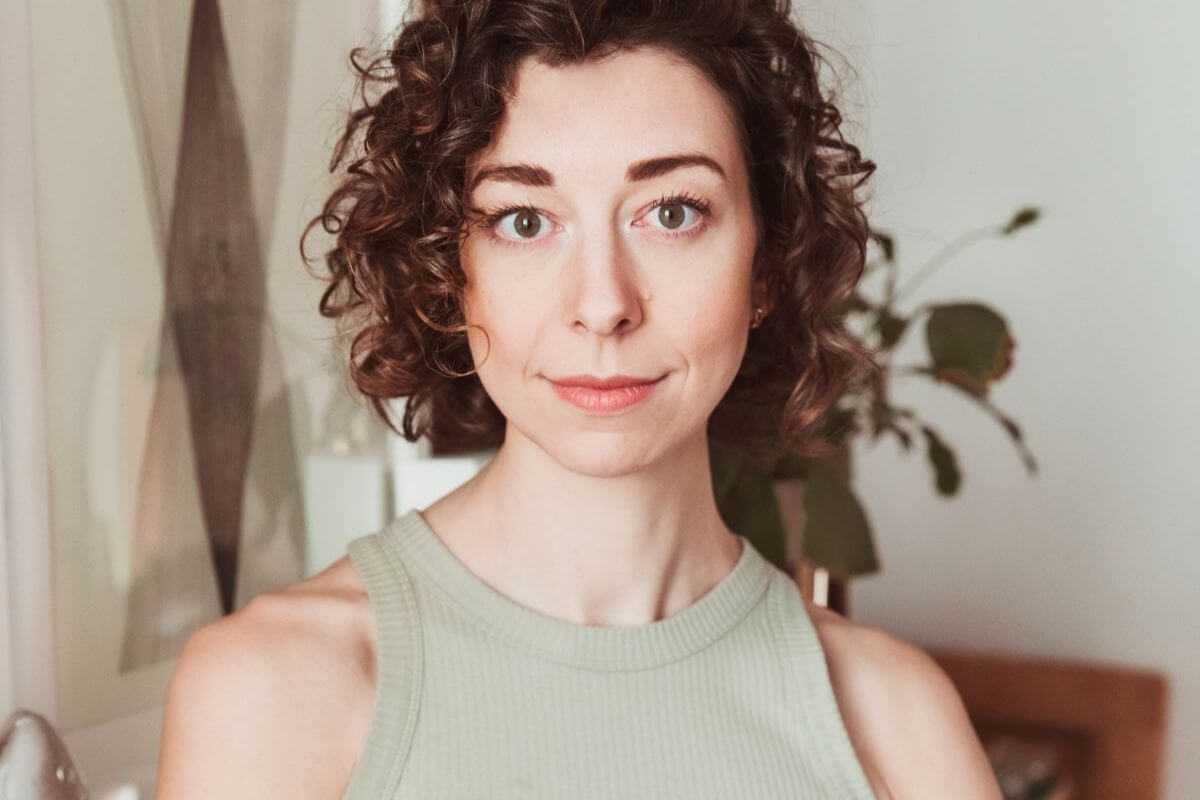
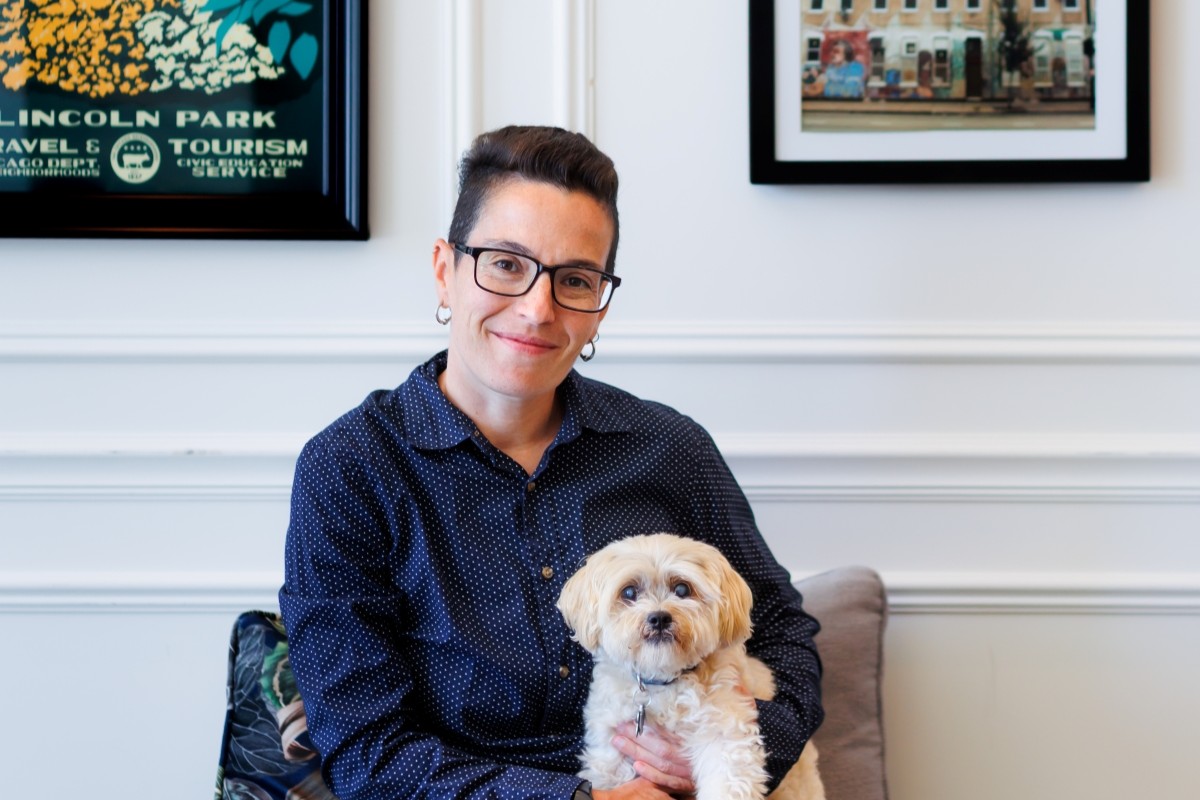


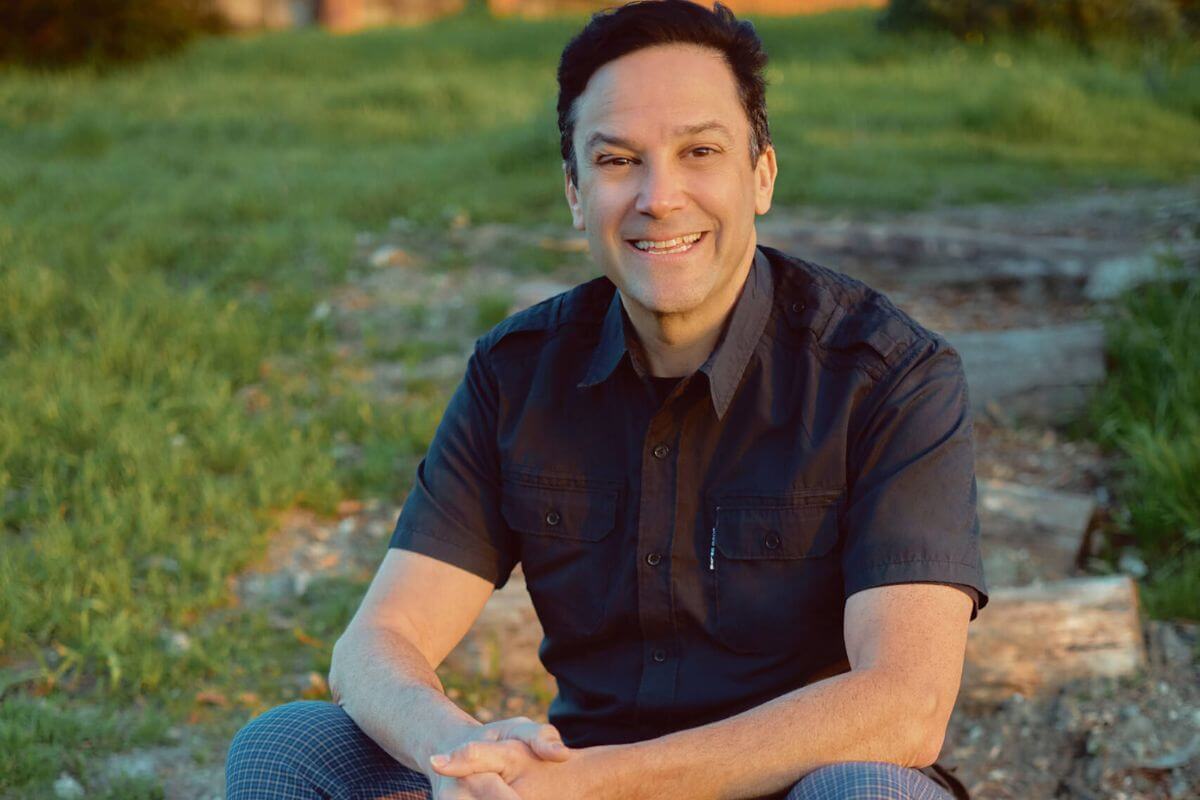

Leave A Comment